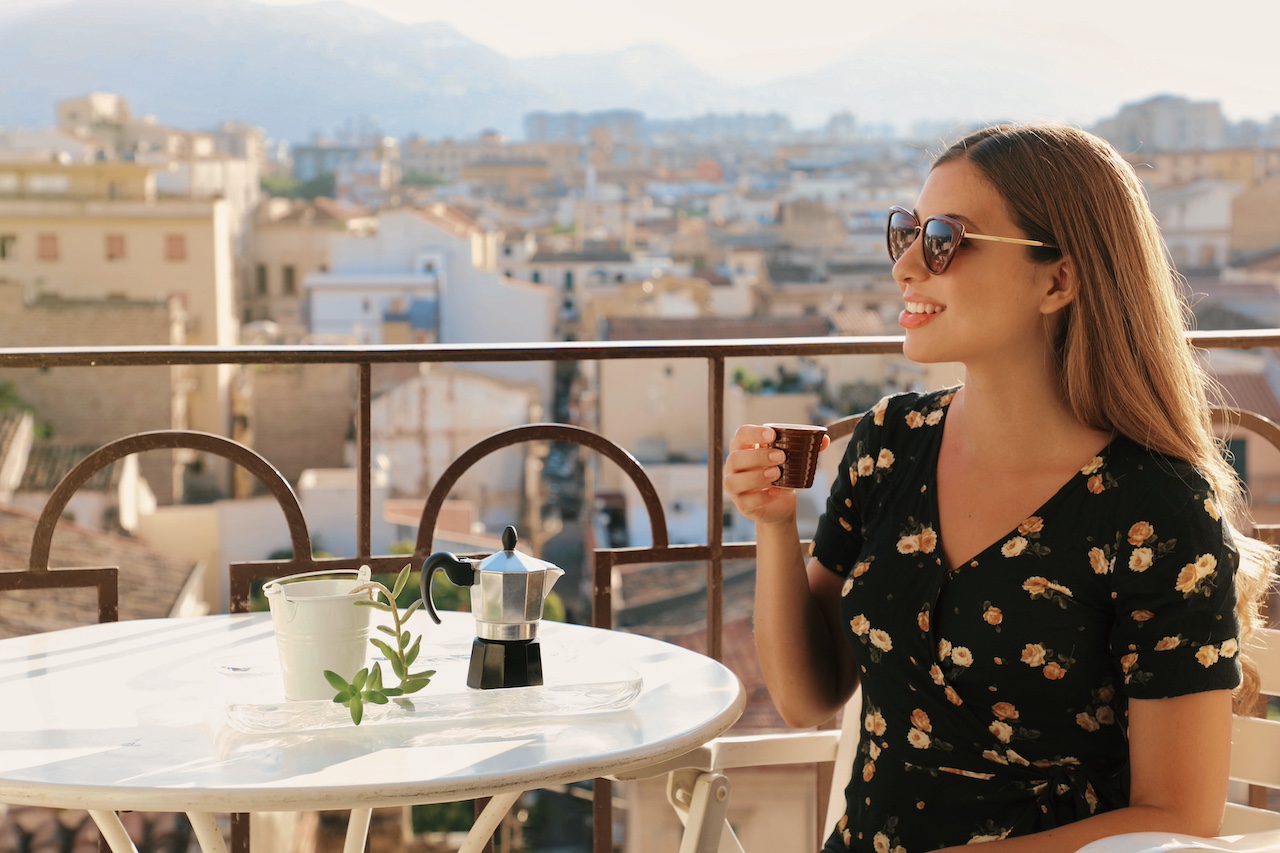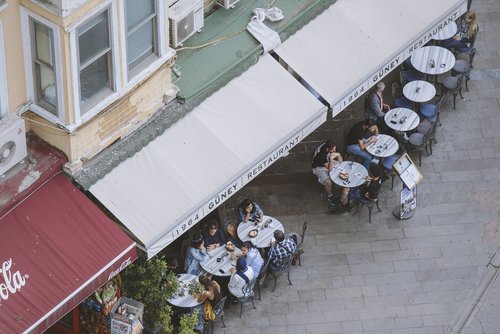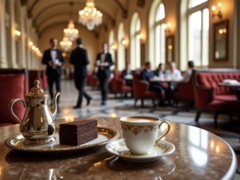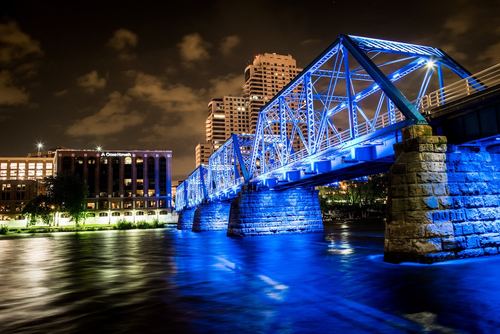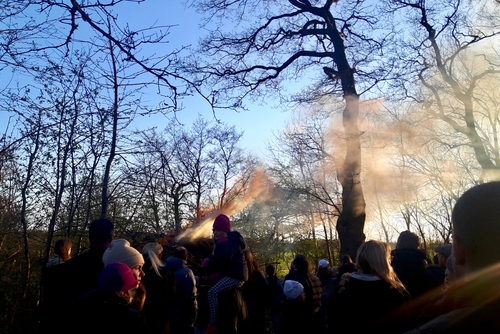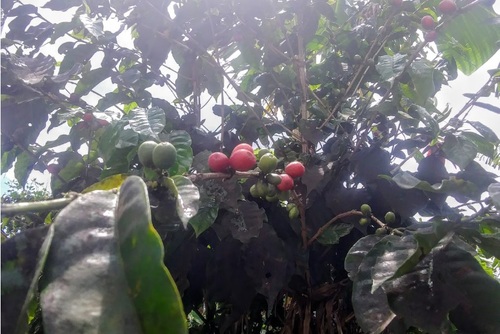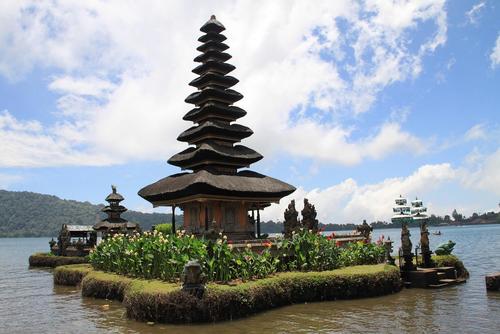The journey through renowned coffee regions not only promises a taste of rich, aromatic brews but also provides a deep dive into the traditions and practices that shape each locale’s coffee culture.
From the sun-drenched plantations of Colombia and Ethiopia to the historic cafes of Italy and Vienna, each destination presents an opportunity to savor distinct flavors and brewing methods that reflect the local heritage and landscape.
This exploration is not just about enjoying a cup of coffee; it's about immersing oneself in the farming, roasting, and ceremonial practices that vary from one region to another, creating a fuller appreciation for the beverage that so many of us rely on daily.
So, what do you say? It’s time to grab your suitcase and jet off on a quest for the ultimate coffee destinations worldwide. Trust us, your taste buds will thank you. Let's hit the road and find that perfect brew!
The Rich Tapestry of Global Coffee Culture
Coffee is so much more than just a morning pick-me-up. It's a global cultural phenomenon, with traditions and practices as diverse as the countries where it's grown and enjoyed.
Whether it’s participating in an ornate Ethiopian coffee ceremony or kicking back at an ancient Italian café—each corner of the world has carved out its very own way to revel in our beloved java. Let's explore the rich tapestry of global coffee culture and discover what makes each tradition so special.
Ethiopia, the birthplace of coffee, is home to one of the most fascinating coffee traditions in the world: the Ethiopian coffee ceremony. This elaborate ritual is a cornerstone of Ethiopian culture, serving as a symbol of friendship, respect, and hospitality. Experts at TheCoffeeTemple.com have more to say about this.
The ceremony begins with the roasting of green coffee beans over an open flame, filling the air with a delightful aroma. The roasted beans are then ground by hand and brewed in a traditional clay pot called a jebena. The coffee is served in small cups, often accompanied by snacks like popcorn or bread. But the Ethiopian coffee ceremony is about more than just the drink itself.
It's a social occasion, a time for people to gather and connect. Participating in a coffee ceremony is a way to show respect and strengthen bonds within the community.
Italian Café Culture - Espresso and Beyond
When it comes to coffee culture, Italy is in a league of its own. Here, espresso reigns supreme. It’s that intense burst of coffee magic at the core of countless classics – from your morning latte to your afternoon cappuccino fix.
But Italian coffee culture goes beyond just the beverages. It's about the experience of sipping an espresso at a stand-up bar, watching the world go by from a seat at a sidewalk café, or catching up with friends over a cappuccino. Italy's historic cafés, like Caffè Florian in Venice or Caffè Greco in Rome, are more than just places to grab a quick coffee.
Imagine places brimming with creative minds like artists and authors for hundreds of years, all bonding over their love for a great espresso.
For more things to do in Italy as a backpacker, check out our Italy tours.
Journey Through Coffee-Producing Regions
To truly appreciate the diversity of coffee culture, it's essential to understand where the beans come from. Each coffee-producing region has its unique growing conditions, processing methods, and flavor profiles. Let's take a journey through some of the world's most renowned coffee regions and discover what makes their beans so special.
Ethiopia, the birthplace of coffee, is known for its distinctive, fruity flavors. Coffees from regions like Sidamo and Yirgacheffe are prized for their bright acidity and complex notes of berries, citrus, and even wine.
Colombia, another major coffee producer, is famous for its balanced, well-rounded coffees. Thanks to the country's rich mix of microclimates and careful bean processing, you get a coffee that’s smooth with a nutty taste and just the right touch of sweetness.
Brazil, the world's largest coffee producer, is known for its rich, full-bodied coffees. For those who can't get enough of that sweet spot in their espresso, Brazil's beans hit just right. Chocolate and caramel notes? Yes, please.
But the best way to truly appreciate the unique flavors of each region is to visit a coffee farm and see the process firsthand. Many coffee-producing countries now offer tours that allow visitors to learn about local farming practices, taste freshly roasted beans, and even try their hand at picking coffee cherries.
The World's Most Iconic Coffee Houses and Shops
Everywhere you go, from cozy old cafés with stories to tell to the latest spots buzzing with innovation, there's always a legendary place ready to serve up your perfect coffee experience. Here's the scoop - there are locales brimming over not only with great java but also dripping in tradition and unique vibes that set them apart.
The Timeless Charm of Vienna's Historic Coffee Houses
Vienna, Austria is home to some of the most iconic coffee houses in the world. The city's coffee house culture is so significant that it's been recognized by UNESCO as an Intangible Cultural Heritage.
Viennese coffee houses are known for their elegant interiors, with marble tables, plush velvet seats, and ornate chandeliers. But they're more than just beautiful spaces - they're also important social and cultural institutions.
Imagine a place in Vienna where for centuries, artists and intellectuals found their second home - that's the charm of Viennese coffee houses. They're places where people come to read newspapers, play chess, and engage in lively discussions about politics, art, and philosophy. And of course, the coffee is exceptional.
Viennese coffee houses offer a wide range of traditional coffee drinks, from the classic Wiener Melange (similar to a cappuccino) to more unusual creations like the Einspänner (black coffee topped with whipped cream).
Seattle's Coffee Revolution - From Pike Place to Capitol Hill
Seattle, Washington is often credited with launching the modern coffee revolution in the United States. The city is home to a thriving coffee culture, with a wide range of independent coffee shops and roasters.
One of the most famous coffee landmarks in Seattle is Pike Place Market, home to the original Starbucks store. While Starbucks has since become a global chain, the Pike Place location still retains its original charm, with its vintage logo and cozy interior. But Seattle's coffee scene goes far beyond Starbucks.
The city is home to a diverse array of coffee shops, each with its unique style and approach. From the sleek, minimalist aesthetic of Victrola Coffee Roasters to the cozy, neighborhood feel of Espresso Vivace, there's a coffee shop to suit every taste.
Seattle's Capitol Hill neighborhood is a particularly notable destination for coffee lovers. This vibrant, artistic district is home to some of the city's best coffee shops, including Analog Coffee, Stumptown Coffee Roasters, and Victrola Coffee Roasters.
Unique Coffee Experiences Around the World
While coffee culture is a global phenomenon, each region has its unique traditions and experiences. From the coffee farms of Costa Rica to the flat white cafés of Australia and New Zealand, there are countless ways to immerse yourself in local coffee cultures.
Costa Rica is one of the world's most renowned coffee-producing countries, known for its high-quality, sustainably grown beans. But the country's coffee culture goes beyond just the final product - it's a way of life.
Many coffee farms in Costa Rica offer tours that allow visitors to experience the entire coffee-making process, from planting and harvesting to roasting and brewing. These tours pull back the curtain on the sweat and dedication poured into every coffee cup.
Visitors can learn about the different varieties of coffee grown in Costa Rica, such as the famous Tarrazú and Tres Ríos regions. They can also see firsthand how coffee is processed using traditional methods like sun-drying and wet-milling.
But perhaps the most rewarding part of a coffee farm tour is the opportunity to taste the final product. Many farms offer tastings of their freshly roasted beans, allowing visitors to experience the unique flavors and aromas of Costa Rican coffee straight from the source.
The Global Journey of the Flat White
The flat white, a popular espresso-based drink, has become a global sensation in recent years. But the origins of this beloved beverage are somewhat contested, with both Australia and New Zealand claiming to have invented it.
Regardless of its exact origins, the flat white has become a staple of coffee culture in both countries. In Australia, the flat white is often served in a small, ceramic cup, with a thin layer of microfoam on top. In New Zealand, the flat white is typically served in a slightly larger cup, with a bit more foam. But the flat white's popularity has spread far beyond its antipodean roots. Today, you can find flat whites on coffee shop menus around the world, from London to Los Angeles.
Part of the appeal of the flat white is its simplicity. Unlike more elaborate espresso drinks like the latte or cappuccino, the flat white is a straightforward combination of espresso and steamed milk, with a thin layer of microfoam on top. This allows the flavor of the espresso to shine through, while still providing a creamy, satisfying texture.
In recent years, the world of coffee has undergone a dramatic transformation, with the rise of specialty coffee. This term refers to high-quality, artisanal coffee that is carefully sourced, roasted, and brewed to bring out the unique flavors and characteristics of each bean.
Specialty coffee has become increasingly popular among discerning coffee drinkers, who are willing to pay a premium for exceptional quality and flavor. This has led to a proliferation of independent coffee shops and roasters, each with its unique approach to sourcing, roasting, and brewing.
One of the key drivers of the specialty coffee movement has been a growing interest in the origins and traceability of coffee beans. Many specialty coffee roasters work directly with farmers and cooperatives to ensure that their beans are ethically sourced and sustainably grown.
This focus on transparency and sustainability has also led to the rise of certifications like Fair Trade and Rainforest Alliance, which help ensure that coffee farmers are paid fair wages and that their crops are grown using environmentally friendly practices.
But specialty coffee isn't just about the beans themselves - it's also about the brewing methods and equipment used to extract their flavors. From high-end espresso machines to precision pour-over drippers, specialty coffee shops often invest in top-of-the-line equipment to ensure that each cup is brewed to perfection.
As the specialty coffee movement continues to grow and evolve, it's clear that coffee culture is no longer just about getting a quick caffeine fix. It's about appreciating the complex flavors and aromas of carefully crafted beans and savoring the experience of a perfectly brewed cup.
Plan Your Coffee Break Abroad
Wow, what a journey! Imagine this - traveling the world one cup at a time. That's exactly what we did! Every place had its signature flavor and an intriguing story or two about local customs around your morning brew.
From the rich, earthy notes of Ethiopian coffee to the smooth, creamy flat whites of Australia, there's no shortage of amazing brews to discover.
But here's the thing: this is just the tip of the iceberg. There are so many more coffee destinations out there, waiting to be explored. So don't stop here. Keep traveling, keep tasting, and keep discovering. Who knows? You might just find your new favorite cup of joe in a little café on the other side of the world.
Don't waste your precious moments on bad coffee. So go out there, be adventurous, and never settle for a mediocre brew. The world of coffee is yours to explore – so what are you waiting for?

